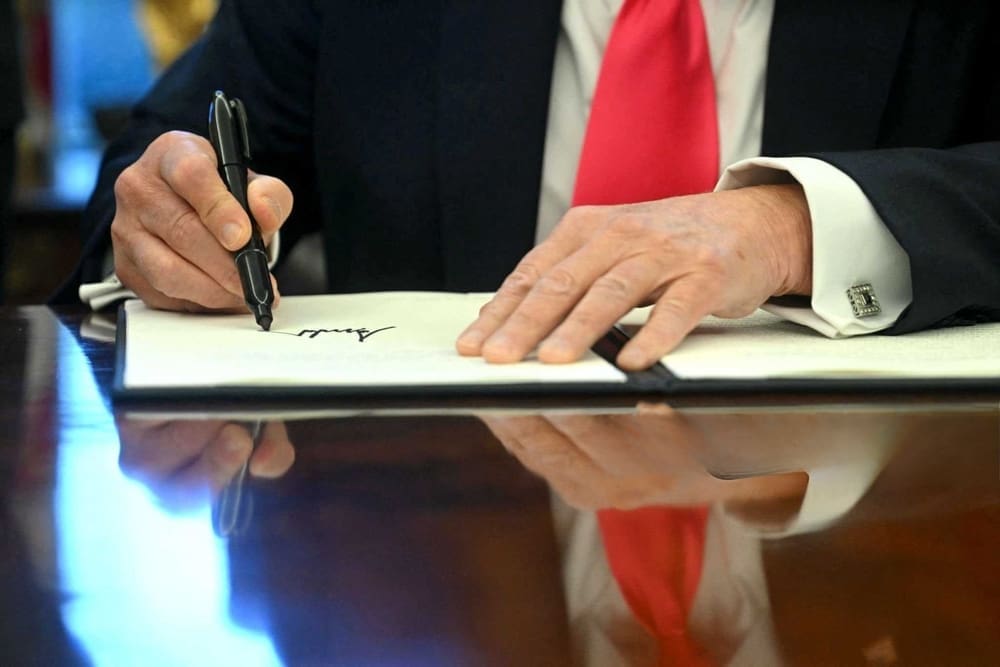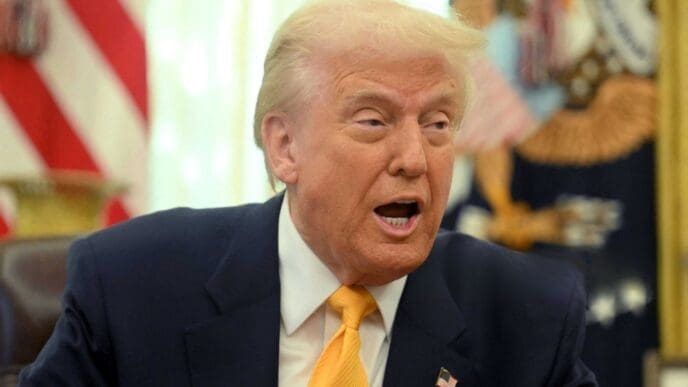Executive orders are anticipated to be signed by President Donald Trump, aiming to revitalize the coal industry despite its longstanding decline as a polluting energy source. Utilizing emergency authority, these orders are expected to permit some older coal-fired power plants, originally slated for retirement, to continue operating. This move intends to meet the growing electricity demand driven by sectors such as data centers, artificial intelligence, and electric vehicles.
Reports indicate that the forthcoming directives will instruct federal agencies to locate coal resources on federal lands, remove obstacles to coal mining, and prioritize coal leasing across U.S. territories. Additionally, these measures will require Interior Secretary Doug Burgum to officially end the moratorium from the Obama administration that paused coal leasing on federal lands. Federal agencies will be tasked with withdrawing policies designed to transition the nation away from coal production.
The orders also aim to enhance exports of coal and coal technologies while expediting the development of new coal technologies. President Trump has consistently advocated for coal, emphasizing its potential to meet increased electricity demands associated with manufacturing and the expansive data centers necessary for artificial intelligence.
Despite these efforts, energy experts suggest that any resurgence in coal usage under Trump’s administration may be short-lived. This is attributed to the lower cost of natural gas and the persistent demand for renewable energy sources like wind and solar power, which maintain a strong market presence regardless of the political landscape.
The Evolving Landscape
- The revitalization of coal could temporarily boost job opportunities in mining and related industries, potentially benefiting local economies reliant on coal production.
- Environmental concerns may rise as increased coal production could lead to higher emissions, affecting air quality and contributing to climate change.
- Communities near coal plants and mining sites might face heightened health risks due to pollution, necessitating increased healthcare measures.
- The shift in energy policy could impact investments in renewable energy, slowing progress towards sustainable energy solutions and affecting market dynamics.
- Federal land management and usage policies will likely experience shifts, influencing local ecosystems and land use planning.













